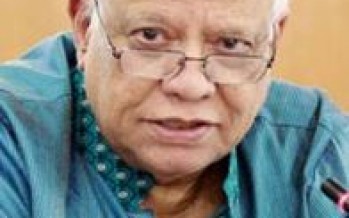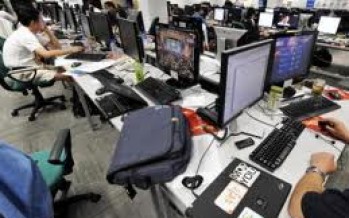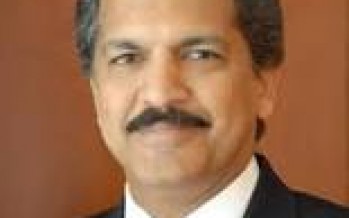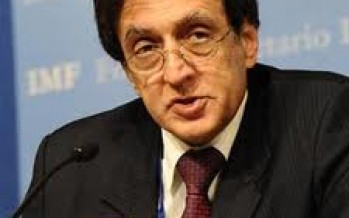Asia Pacific
Back to homepageBangladesh: Steadily Moving Up without Beating the Drum
Skipping the usual ado and almost silently, Bangladesh is moving up the ladder and surpassing its local peers in a number of key areas such as health and education. During the past decade, the country has managed to greatly improve
Read MoreThe Equator Principles: Banking on Sustainability
Financial institutions worldwide are increasingly benchmarking their larger investment projects to the Equator Principles of social and environmental risk assessment. A third and more comprehensive edition of these guiding principles has now been drawn up and is being used by
Read MoreIndian Rupee Looking for a Line in the Sand
Earlier this week, Indian Finance Minister Palaniappan Chidambaram unveiled a comprehensive – and long-awaited – plan to improve the country’s crumbling infrastructure by reviving no less than 36 stalled projects. The government has earmarked over $28bn (€21.2bn, £17.7bn) to finance
Read MoreAfrica’s Changing Mediascape: Spreading the Word from China
A monumental shift is taking place in the world’s mediascape. As traditional news outlets such as CNN and the BBC see their operating budgets shrink and wither in response to lower revenues, new providers fill the vacuum and capture audiences.
Read MoreCFI.co Hero Mahindra on Giving in India
Anand Mahindra, born in 1955, was appointed chairman of the family conglomerate in August 2012 and has been managing director since 1997. He has been able to progress the business magnificently mainly through a succession of inspired mergers and acquisitions.
Read MoreKiran Shaw and Biocon: What a Team
Kiran Mazumdar Shaw is the founder and managing director of Biocon which is one of Asia’s leading biotech enterprises. Shaw’s success can be explained in part by the low expectations many male managers had of a woman’s ability to fulfil
Read MoreNow Even More Powerful: Our Hero Helen Clark
Helen Clark, born in 1950, served as New Zealand’s prime minister from 1999 to 2008. She was the first woman to be elected PM of her country and upon leaving office was celebrated as the ‘Greatest Living New Zealander’ in
Read MoreKaren Agustiawan – Confirmed for Second Term at Pertamina
Karen Agustiawan had her tenure as CEO of PT Pertamina (the Indonesian state owned oil company) extended for a further five years in June this year. In recent years most of her predecessors have not even completed a full term
Read MoreOtaviano Canuto, World Bank Group: China, Brazil – Two Tales of a Growth Slowdown
China and Brazil are both facing a growth slowdown, as compared to the period prior to the global financial crisis. They were both able to respond with aggressive anti-cyclical policies to the post-Lehman quasi-collapse of the global economy. In both
Read MoreIMF: Sri Lanka Has the Potential
On July 9, Anoop Singh, Director of the IMF’s Asia Pacific Department, delivered the keynote speech at the inauguration of the 2013 Sri Lanka Economic Summit, held in Colombo. The event was sponsored by the Ceylon Chamber of Commerce and
Read More






















































































